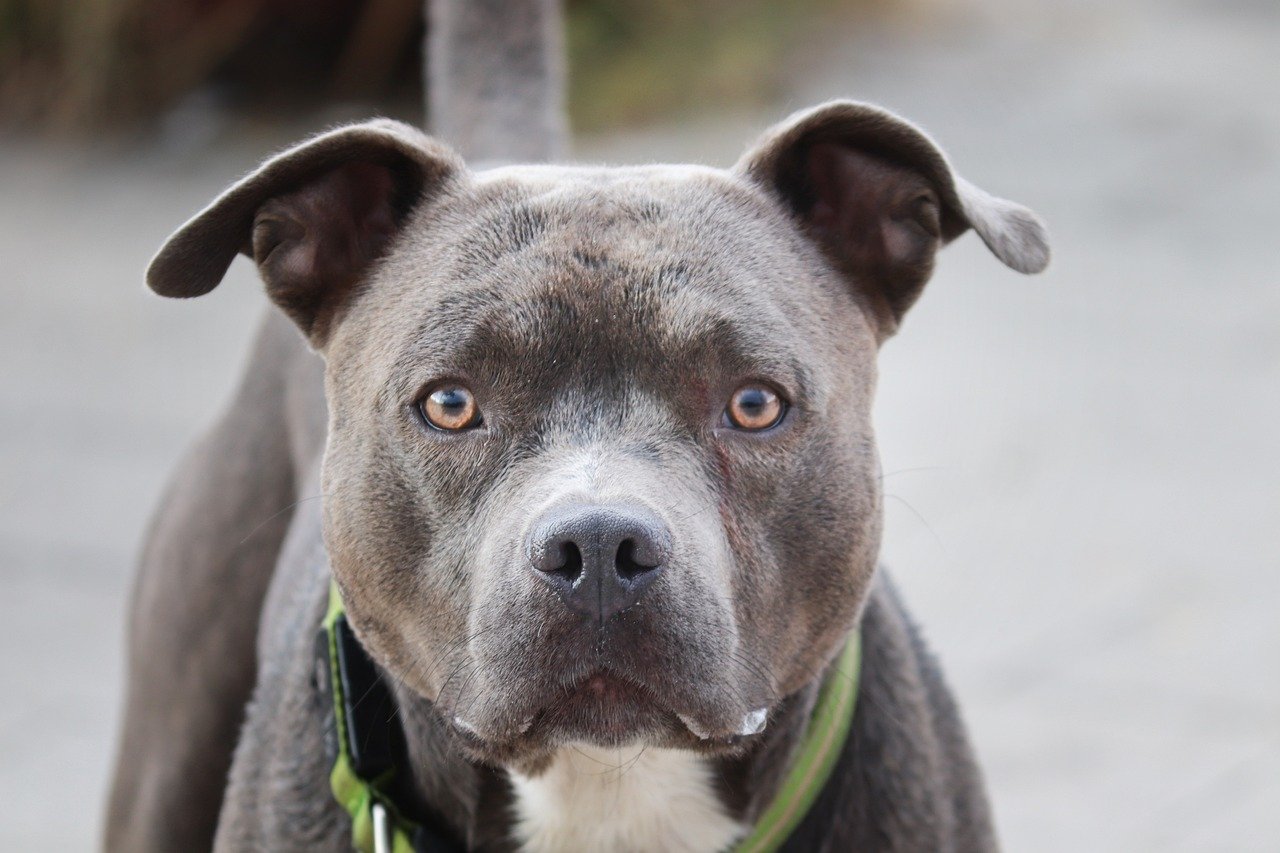Introducing a pit bull into your family can be a rewarding experience filled with joy, love, and companionship. Despite their often misunderstood reputation, pit bulls are incredibly loyal and affectionate dogs. With the right guidance, they can become gentle, well-mannered members of your household. However, like any breed, they require proper socialization to ensure they get along well with all family members and strangers alike. It takes patience, consistency, and a lot of love — but the payoff is a well-adjusted, happy pup. Here are seven essential tips to help you raise a well-socialized pit bull that fits seamlessly into your family.
Understanding the Importance of Early Socialization
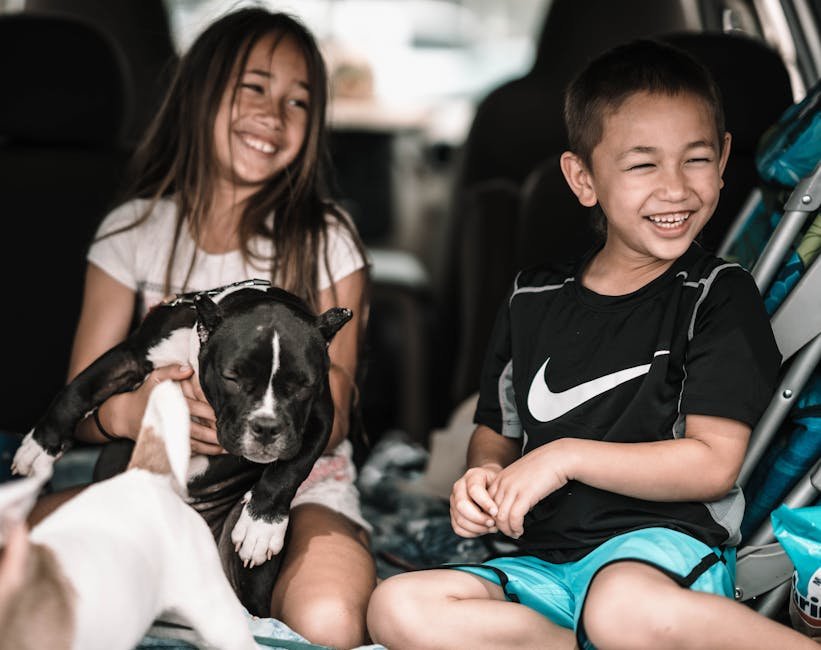
Early socialization is the cornerstone of raising a well-mannered pit bull. During the critical early weeks and months of a puppy’s life, exposure to various environments, people, and other animals is crucial. Think of it like a child learning to interact with different people at school. The more varied the experiences, the more adaptable and friendly your pit bull will become. This early exposure helps prevent fear-based aggression and fosters a sense of confidence in your dog. It’s essential to start socialization as soon as possible, ideally before your puppy is 16 weeks old.
Creating Positive Experiences with Other Dogs
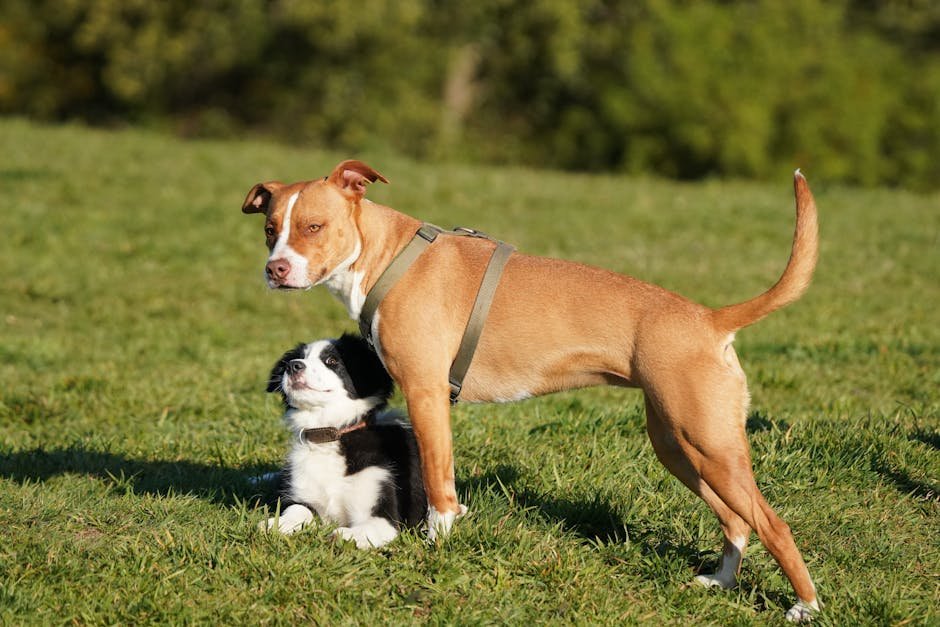
One common misconception about pit bulls is that they are inherently aggressive toward other dogs. In reality, their behavior toward other dogs is largely shaped by their social experiences. Arrange playdates with well-behaved dogs known for their good temperaments. This will help your pit bull learn appropriate play behavior and strengthen their social skills. Always supervise these interactions to ensure they remain positive, and intervene if play becomes too rough. A well-socialized pit bull should be comfortable meeting new canine friends, just like a person who enjoys making new connections at a party.
Introducing Your Pit Bull to Different People
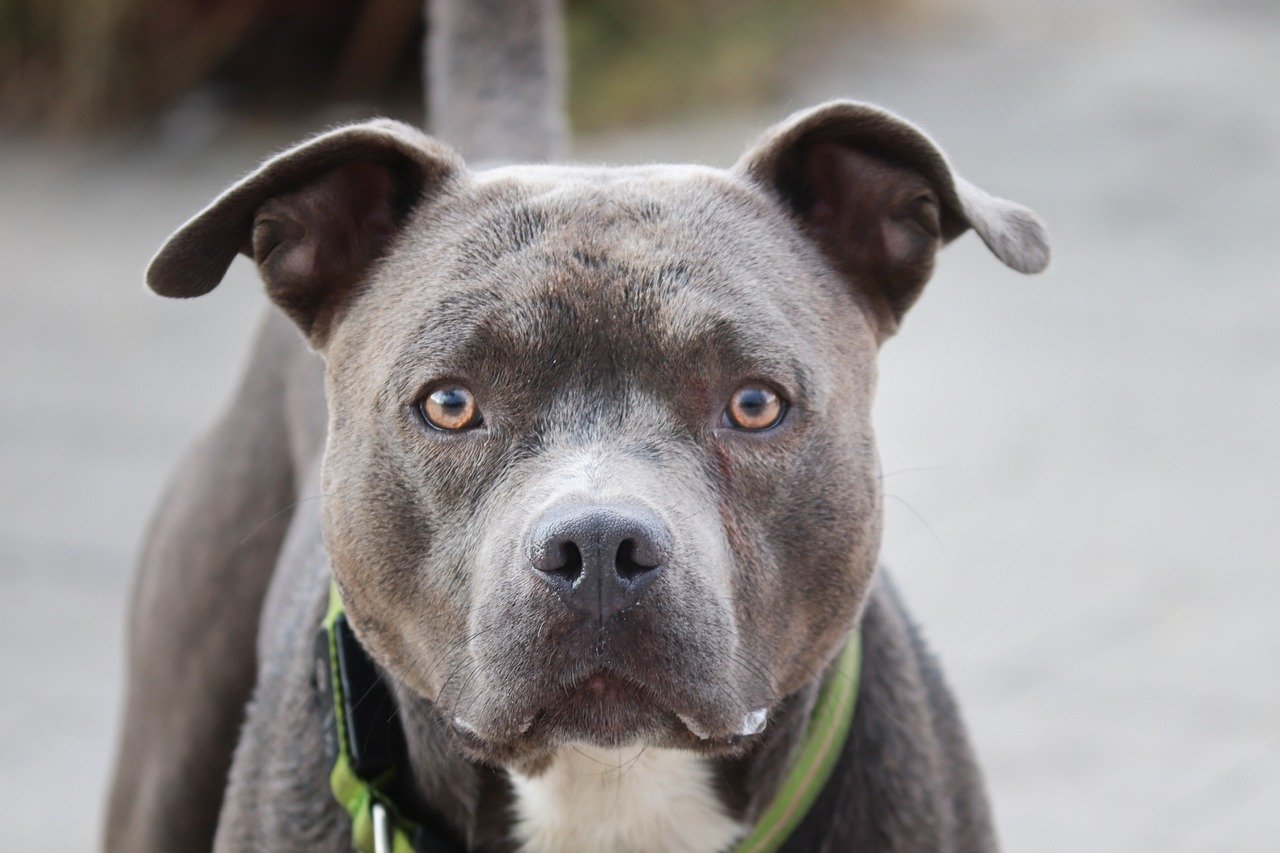
For a pit bull to thrive in a family setting, they must be comfortable around people of all ages, sizes, and appearances. Invite friends, family, and neighbors over to meet your pup. Encourage gentle interactions and reward your dog for calm behavior. This exposure will teach your pit bull that people are friends, not foes. Think of it as teaching your dog to be a good host at a family gathering, greeting each guest with a wagging tail and a friendly demeanor.
Exposing Your Pit Bull to Various Environments
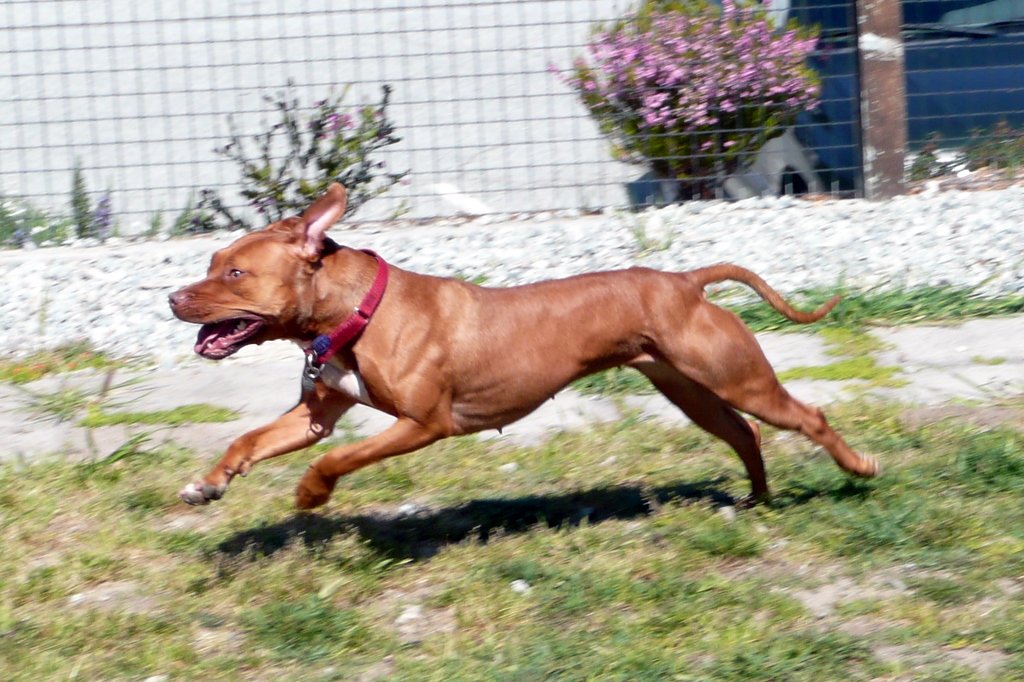
A well-socialized pit bull should be at ease in different environments, from busy city streets to quiet parks. Gradually introduce your dog to various settings, ensuring each experience is positive. Use treats and praise to reward calm behavior, helping your pit bull associate new environments with positive feelings. Imagine taking a child on field trips to learn about the world; each new experience broadens their understanding and comfort level. The same principle applies to your pit bull’s socialization.
Teaching Basic Obedience Commands
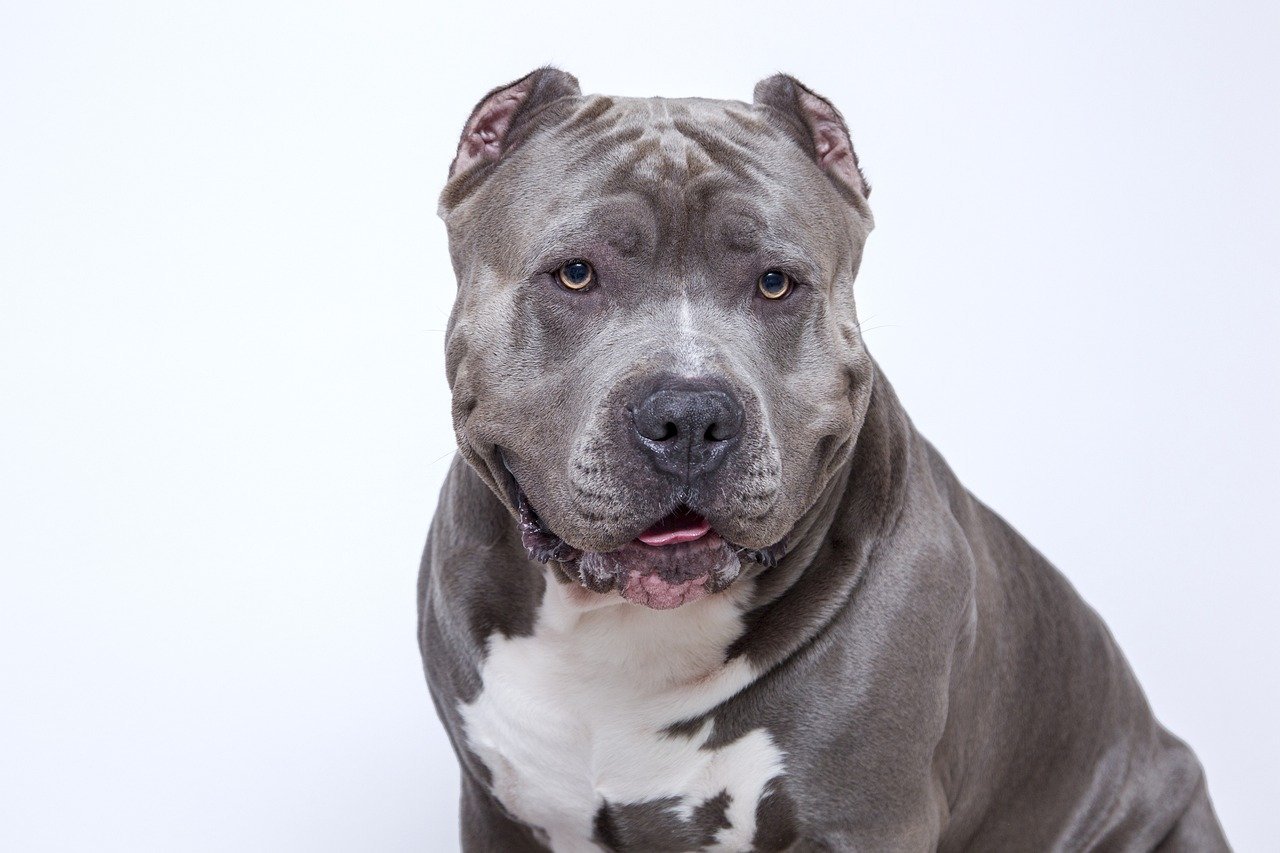
Teaching your pit bull basic obedience commands like sit, stay, and come is a vital part of socialization. These commands provide structure and help manage your dog’s behavior in social situations. Consistent training sessions using positive reinforcement will build your dog’s confidence and strengthen your bond. Think of it as teaching a child the importance of manners and respect; these lessons are foundational for harmonious interactions with others.
Addressing Fear and Anxiety
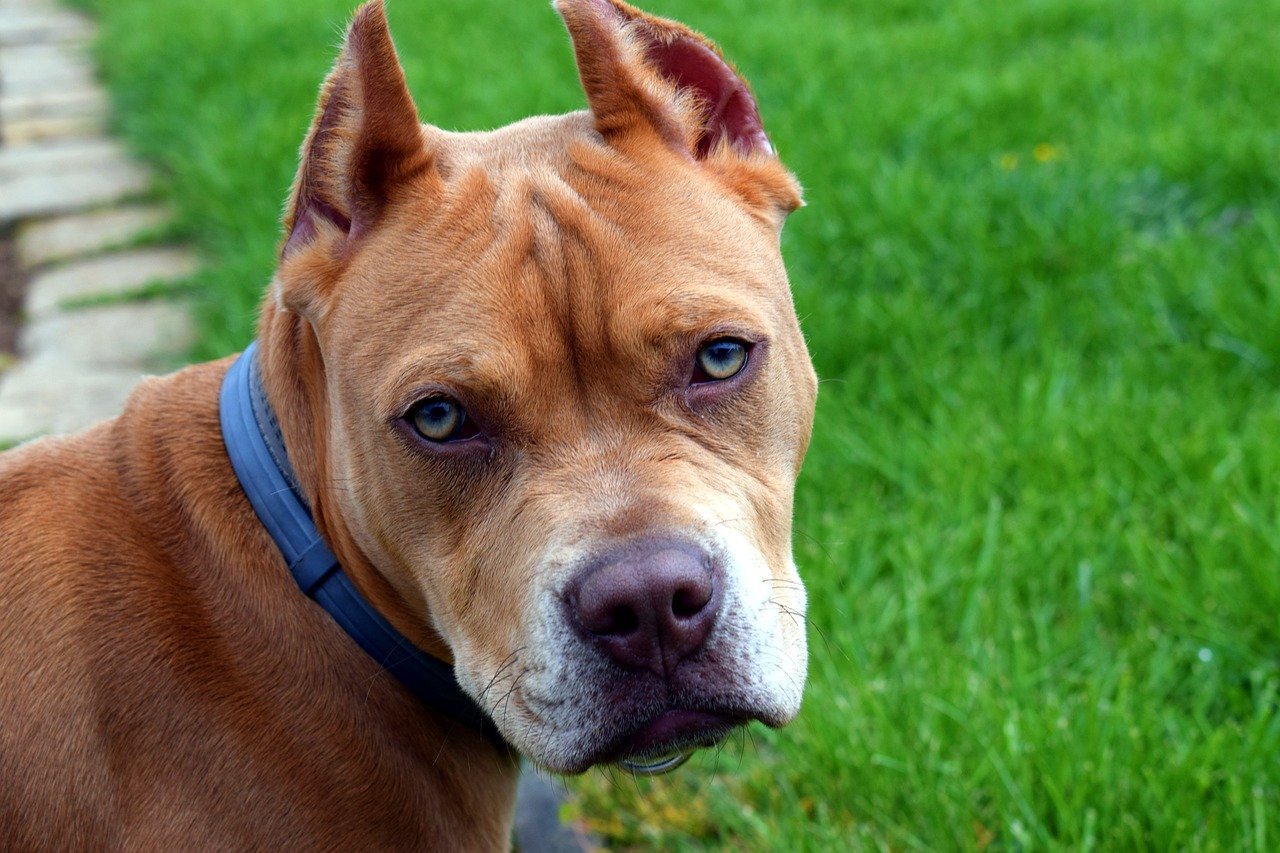
It’s common for dogs to experience fear or anxiety in unfamiliar situations, and pit bulls are no exception. Recognizing and addressing these emotions is crucial for successful socialization. If your pit bull shows signs of fear, such as cowering or barking, remain calm and provide reassurance. Gradually expose them to the source of their fear, rewarding calm behavior. This approach is similar to helping a child overcome a fear of the dark by gradually increasing their exposure to the situation while providing comfort and support.
Consistency is Key for Long-Term Success
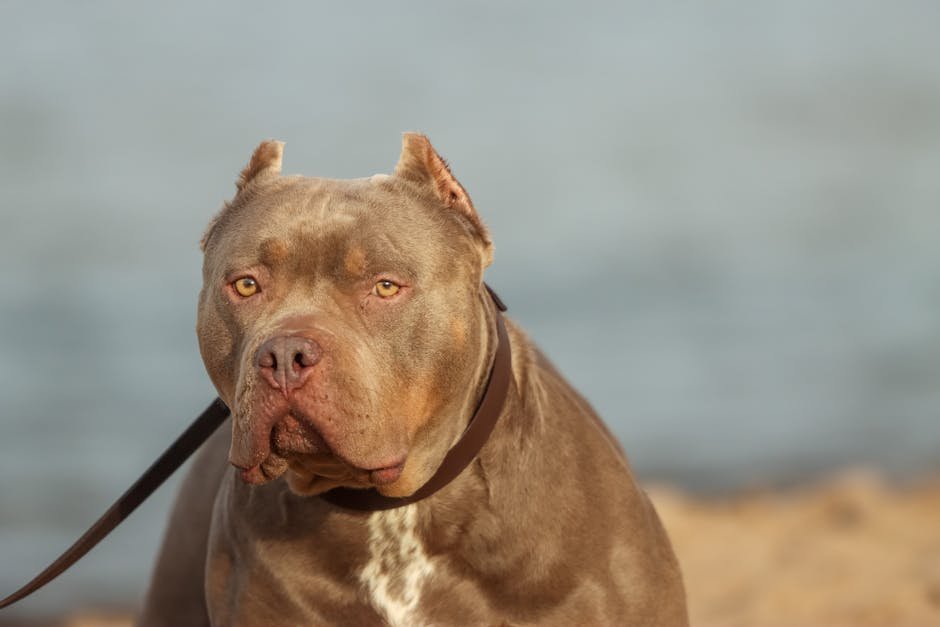
Consistency is essential in raising a well-socialized pit bull. Regularly reinforce positive behaviors and maintain a routine that includes socialization activities. It’s like maintaining a healthy lifestyle; regular exercise and a balanced diet are vital for long-term health. Similarly, consistent socialization efforts will ensure your pit bull remains a well-adjusted and happy member of your family. Remember, socialization is a lifelong process, and your efforts will pay off in the form of a loving and loyal companion.
Incorporating these tips into your daily routine will help you raise a pit bull that is not only well-socialized but also a cherished member of your family. With patience and dedication, your pit bull will thrive in a family environment, bringing joy and companionship to everyone they meet.

Esther is from India; the heartbeat of South Asia, holding a Master’s degree in Zoology and a postgraduate diploma in Animal Welfare. Her enthusiasm for animal welfare drives her passion and dedication to working for animals, ensuring their well-being, and advocating for their rights. With a solid academic background and hands-on experience, she is committed to making a positive impact in the field of animal welfare. In her free time, she enjoys embroidery and sewing. As a Chennaite from Tamil Nadu, Esther loves Bharathanatyam, an Indian classical dance form.

